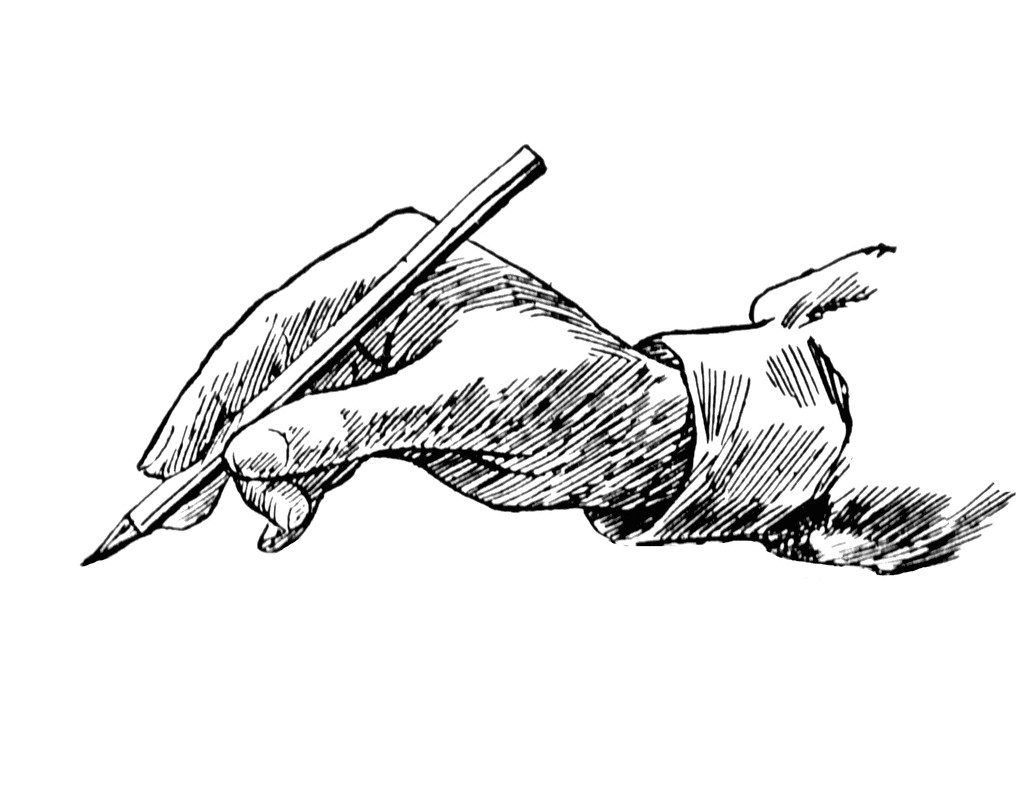John Updike? William W. West? Donald M. Murray? Catherine Ann Jones? Apocryphal?

Question for Quote Investigator: An accomplished writer must constantly grapple with the difficulties of expressing events and ideas cogently with polish and precision. A famous prose stylist once illuminated the purpose of rewriting. Here are three versions:
(1) Writing and rewriting are a constant search for what one is saying.
(2) Writing and rewriting are a constant search for what it is one is saying.
(3) Writing and rewriting are a constant search for what you are trying to say.
Would you please help me to find the correct phrasing together with a precise citation?
Reply from Quote Investigator: In 1966 Professor of Education William W. West edited and published “On Writing, By Writers” which included a section about prominent author John Updike. The section presented commentary about several drafts of Updike’s short story “A Sense of Shelter”. The incremental changes revealed that several paragraphs were composed and subsequently excised from the final draft of the tale. Details about the setting and secondary characters were ultimately deemed superfluous. Updike commented about the process of revision. Boldface added to excerpts by QI:1
Reading this transcript of my drafts of this story, I was struck by the several omitted paragraphs. I had forgotten them and, if my instinct was correct, they never did belong to the story …
Not all revisions are excisions. In a story about similar material, written a few months before this one, “Flight,’ I added hundreds of words of the kind of family-background material that was cut here. The earlier story was about such material; this story, somehow, was not. Writing and rewriting are a constant search for what it is one is saying. —J. U.
Below are additional selected citations in chronological order.
In 1969 Professor of English Donald M. Murray published a piece titled “The Explorers of Inner Space” in “The English Journal”. Murray credited Updike with a slightly compressed version of the statement which omitted the words “it is”:2
John Updike says, “Writing and rewriting are a constant search for what one is saying.” Robert Frost speaks of “… the surprise of remembering something I didn’t know I knew.”
In 1975 Professor of English John R. Trimble published “Writing With Style: Conversations On the Art of Writing”. Trimble employed an accurate instance of the quotation as an epigraph for the first chapter. Trimble credited Updike and included a source note which cited the 1966 book “On Writing, By Writers”:3
Writing and rewriting are a constant search for what it is one is saying.
JOHN UPDIKE
In 1982 the “Los Angeles Times” printed a piece by columnist Art Seidenbaum who discussed a pamphlet called “Life Sentences” written by three writing tutors at the University of California Santa Cruz. The pamphlet mentioned the compressed version of the quotation:4
They cite John Updike, for instance, for explaining. “Writing and rewriting are a constant search for what one is saying.”
In 1990 the “Pittsburgh Post-Gazette” of Pennsylvania printed “Teaching the art of writing” by Shirley S. Stevens which also mentioned the compressed quotation:5
Process writing invites students to make discoveries. As John Updike insists, “Writing and rewriting are a constant search for what one is saying.” I believe that writing is a process, a way of seeing.
In 2007 actor and writer Catherine Ann Jones published “The Way of Story: The Craft & Soul of Writing”. She included a rephrased version of the quotation attributed to Updike:6
Re-writing separates the aspiring writer from the professional one …
The first step in re-writing is tracking. Tracking is a method which can help focus your story during several read-throughs and consequent re-writes. There are different ways to approach tracking. Tracking theme is but one, but let us start with theme.
Writing and rewriting are a constant search for what you are trying to say.
— John Updike
In conclusion, John Updike deserves credit for this quotation based on the 1966 citation, During subsequent years variant phrasings have entered circulation.
Image Notes: Public domain illustration of a hand writing from “The Book of Knowledge: The Children’s Encyclopaedia”, Volume 1, (1912) edited by Arthur Mee and Holland Thompson.
Acknowledgement: Great thanks to Brad Kemp whose inquiry led QI to formulate this question and perform this exploration.
Update History: On May 10, 2024 the format of the bibliographical notes was updated. Also, the full article was placed on this website.
- 1966, On Writing, By Writers, Edited by William W. West (Syracuse University), Author Section: John Updike, (Comments by John Updike), Quote Page 121, Ginn and Company, Boston, Massachusetts. (Verified with scans) ↩︎
- 1969 September, The English Journal, Volume 58, Number 6, Article: The Explorers of Inner Space by Donald M. Murray (Department of English, University of New Hampshire), Start Page 908, Quote Page 908, Column 1, Published By: National Council of Teachers of English. (JSTOR) link ↩︎
- 1975 Copyright, Writing With Style: Conversations On the Art of Writing by John R. Trimble (University of Texas at Austin), Chapter 1: Getting launched, (Epigraph of chapter 1), Quote Page 3, Prentice-Hall, Englewood Cliffs, New Jersey. (Verified with scans) ↩︎
- 1982 October 24, Los Angeles Times, Section: The Book Review, Endpapers by Art Seidenbaum, Quote Page 17, Column 1, Los Angeles, California. (Newspapers_com) ↩︎
- 1990 May 23, Pittsburgh Post-Gazette, Teaching the art of writing by Shirley S. Stevens, Quote Page 13, Column 2, Pittsburgh, Pennsylvania. (Newspapers_com) ↩︎
- 2007 Copyright, The Way of Story: The Craft & Soul of Writing by Catherine Ann Jones, Chapter 4: Tracking Story Specifics: The secret to Successful Rewrites, Quote Page 62, Michael Wiese Productions, Studio City, California. (Verified with scans) ↩︎